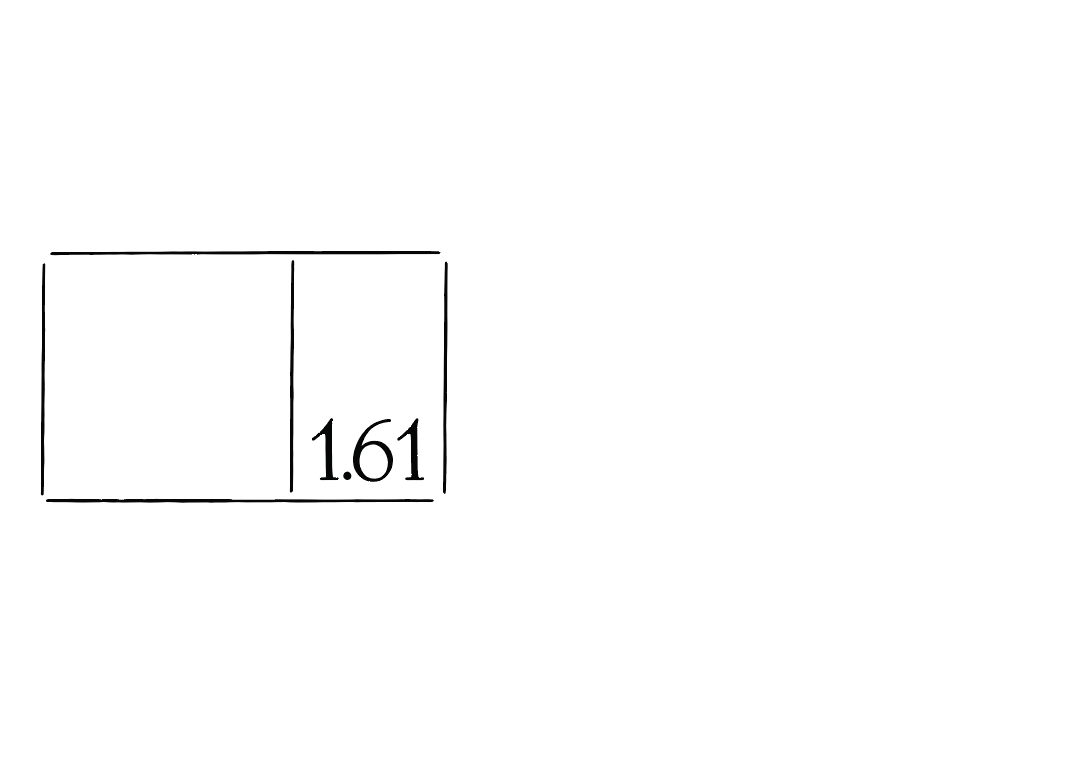1.61
Le Corbusier swore by the golden ratio. Much like venerated early mathematicians Euclid and Fibonacci, the Swiss architect and urban planner was confident that by recreating this geometric relationship—shortened to the decimal 1.61—the most gratifying, harmonious proportions could be arrived at. This clarity of vision, this dogged certainty that disciplined thinking is key to effective design, is one shared by New York label 1.61.
Kimberly Wesson and Aimee Cho pursue simple, utilitarian silhouettes. Every piece in their line—full of muted, dark garments cast from custom dyes and buttons sourced from a US military provider—is unisex, standardized to the point of complete gender neutrality.
This uniformity is both reactionary and solution-focused. It’s a response to the excesses of fast fashion, to wanton consumerism. It emphasizes the beauty of sturdy, practical items that allow the wearer a sense of self-reliance. “Our vision for what looks good or flattering is not necessarily the same as other clothing lines,” explains Wesson. “It’s about feeling strong and powerful—which is incredibly appealing.”
Every detail of 1.61’s latest collection is produced in New York, using Japanese and Italian fabrics. “We are in the factory with the sewers, at the wash house reviewing formulas, at the dye house sorting colors. We’re on the pressing line helping to steam and press the clothes,” says Wesson. On first glance, the palette and fabrications appear similar to their launch range. The newness, Wesson says, comes through “a deepening in the offerings.”
Wesson often cites the music of post-punk Northern England as ongoing stimuli. The Brutalist council flats, the gray post-industrial landscape—elements of these trickle into the stark androgyny of 1.61. Much like unadorned, well-made clothing, the Mancunian grimness of Joy Division and their compatriots strikes a natural affinity with Wesson. “The music was a revelation to me when I first heard it as a pre- adolescent in Alabama,” she says. “It changed the course of my life by making the world seem both larger and more accessible and allowed me to move beyond the confines of what I knew and what was comfortable.”
By LAURA BANNISTER
